The award-winning production, the best contemporary dance performance of 2015, Drip Canon – How’s it going, Heraclitus?, will be performed at Müpa Budapest. The piece, directed by Gábor Goda, combines the art of tai chi with contemporary dance. While the stage is flooded with rain, a seventeen-member choir is heard in a torrent of sound with an imaginary dialogue between Heraclitus and Goda. This alone should be enough to make you feel you have to come…
As the creators promise, the audience will enjoy the interference of three genres in the continuous transformation of a single movement, a single sound, a single image. If you have never been to a tai chi class before, I will try to give you a sense of what happens during the 108 movements.
Tai chi is a meditation in motion, where interconnected slow movements help us to reach a state of perfect stillness, which allows us to access our inner world. We don’t even realise how it moves every part of our body, calming the mind, clearing away the worries of the day and making us more attentive to the details of the inner and outer world. The sound of rain sounds like a perfect match for this, as it can give a good dynamic to the movements, yet its monotony helps to keep the practitioner in a state of steadiness. Continuous flow, grace, blending in with the outside world, all of this can be experienced while performing the movements.

Gábor Goda says about the performance:
“Humans are drops, humanity is the sea. Two drops together still form a mere drop. A dropful of touch. A drop is only a drop in isolation, in itself. A drop in the sea ceases to be a drop: then only the sea exists. Separation ceases.”
The same happens at the group practice of tai chi. From the first movement to the last, everything is done in complete harmony and unity, and with the first arm lift, everyone who participates in the practice becomes one.
But let’s look at the trailer:
Here we can also see the fantastic connections, movements, the most diverse dynamics in the movements of the dancers. These few minutes can convey so much emotion and affection.
But what does Heraclitus of Ephesus have to do with all this? Inspired by 131 surviving fragments of the pre-Socratic philosopher’s sermons, the Arthurian Society created a performance back in the 1980s, and in preparation for this occasion, which is both jubilee and epochal, Goda realised that he actually has been in a conversation with the philosopher for the past thirty years. The performances he has been directing over the decades can be seen as fragments of an imaginary dialogue.
It is worth looking at what Heraclitus said about water, sea, rain, for example, to get a sense of where Goda’s dialogues are coming from.
“Fire lives the death of earth, air lives the death of fire, water lives the death of air, earth lives the death of water.”
Or this:
“You cannot step into the same river twice, for waters are continually flowing on. And the souls are evaporated from the moisture.”
Or this:
“For spirits it is death to become water, for water it is death to become earth; but earth becomes water, and water becomes spirit.”
This gives us a taste of the profound questions that the lecture deals with. But perhaps even more revealing is Lilla Turbuly’s 2015 review, which begins by saying that she’d better write a poem about this production than a review, and that it is a must-see.
In a 2016 interview with Fidelio, Gábor Goda expressed his relationship with the Heraclitean fragments:
“When I encountered these fragments, I was struck by their fractal-like compactness. Such a fragment may well contain the whole, just as a cell contains all knowledge. My thoughts, my intuitions are always fragmentary. This is how I can make sense of the world for myself, and along these lines I consider this to be an authentic point of view in my works. I really like to work with analogies; there is a core of thought that I try to approach from most directions. The last sentence of Heraclitus’ fragments is ‘All is one’. This can then be broken down, like a prism breaks down light into different colours. In the Drip Canon, the Eastern mindset is very strong, but at the same time we say the name of Heraclitus, who for me is the most ‘Eastern’ Greek philosopher. Most of his fragments are related to Buddhism and Taoism. I feel that Eastern philosophy can be represented in Europe, and Heraclitus is a very authentic example.”
If the reviews of the performance so far are to be believed – and why wouldn’t they be – the evening will be an intensely engaging and defining experience, accompanied by 70 minutes of breath-holding.
Article: Anna Rácz
Translation: Zsófia Hacsek


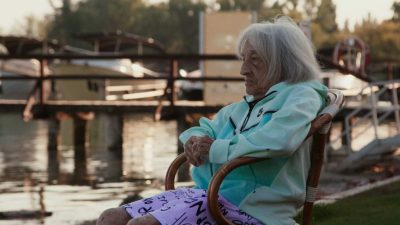
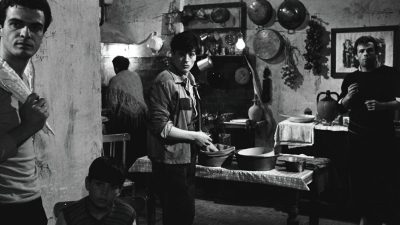





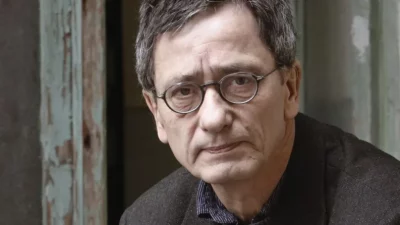





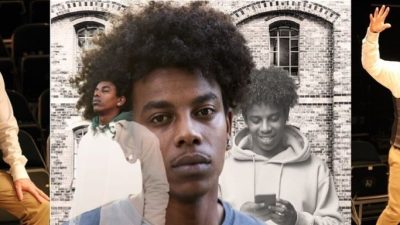





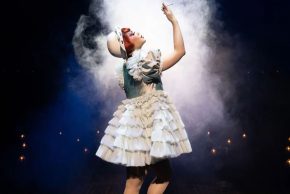


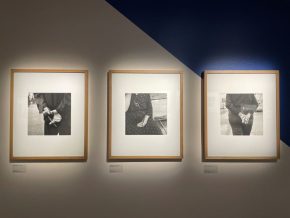
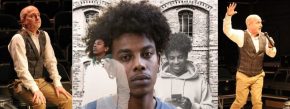
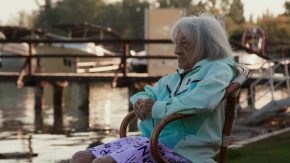
Comments